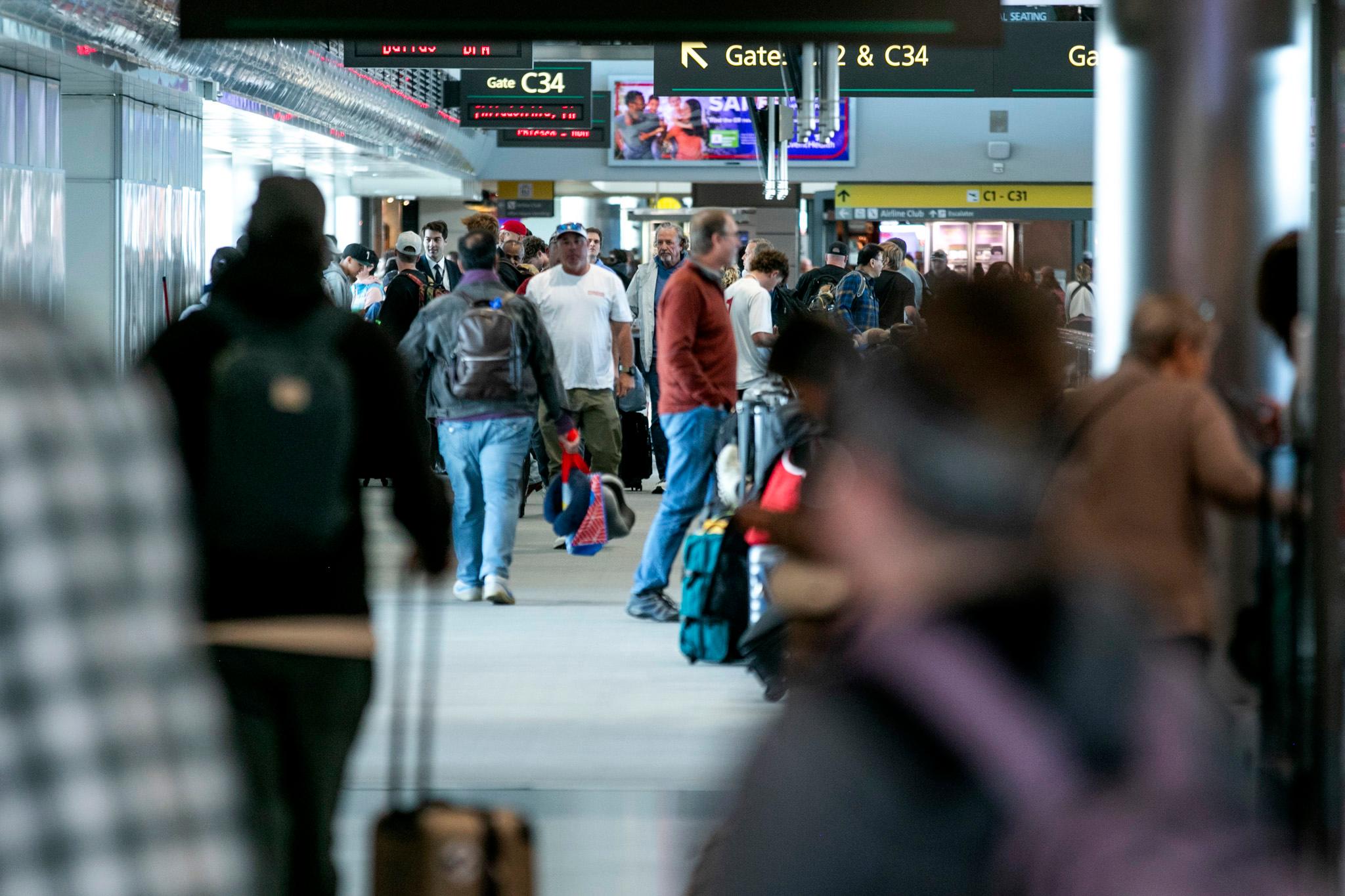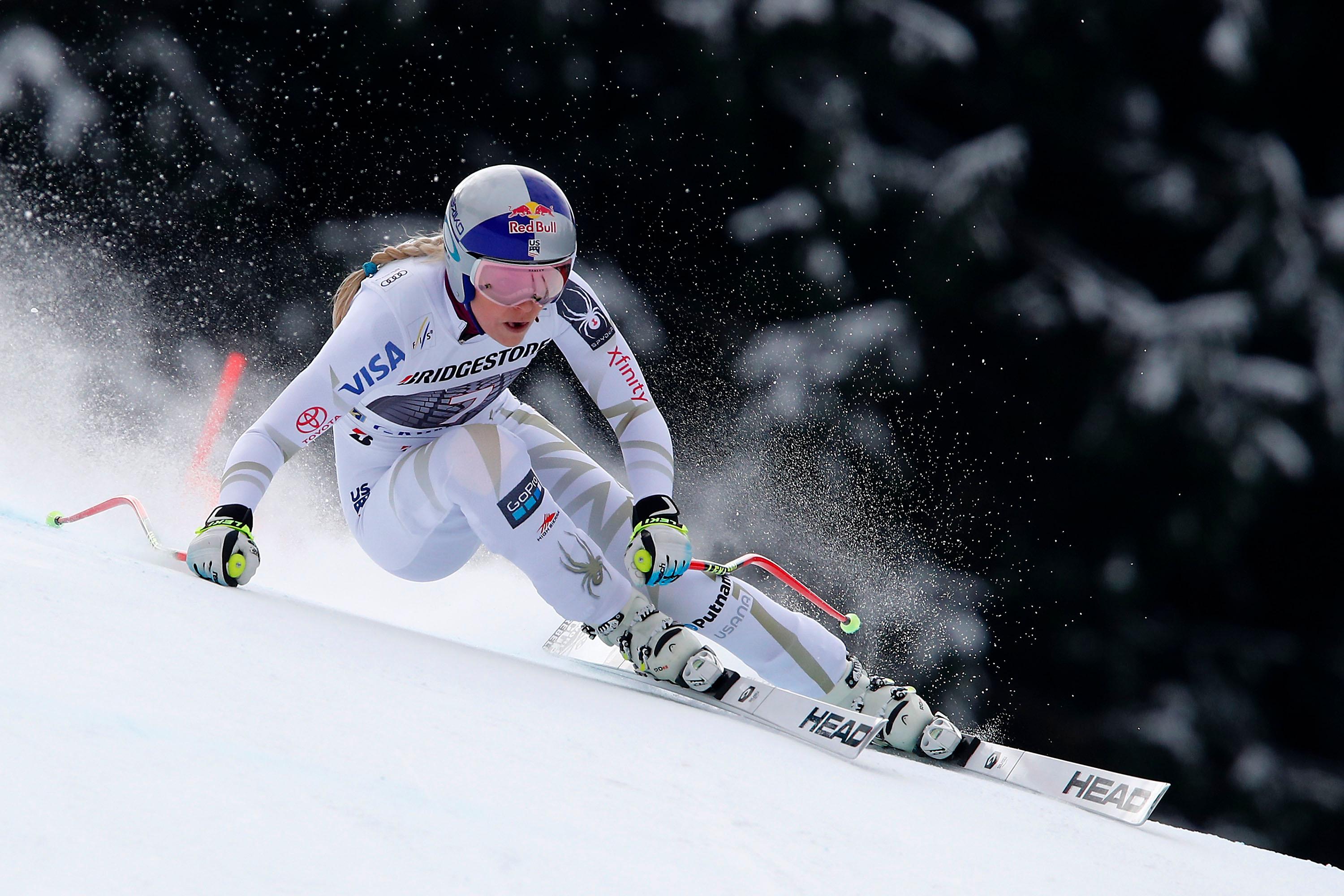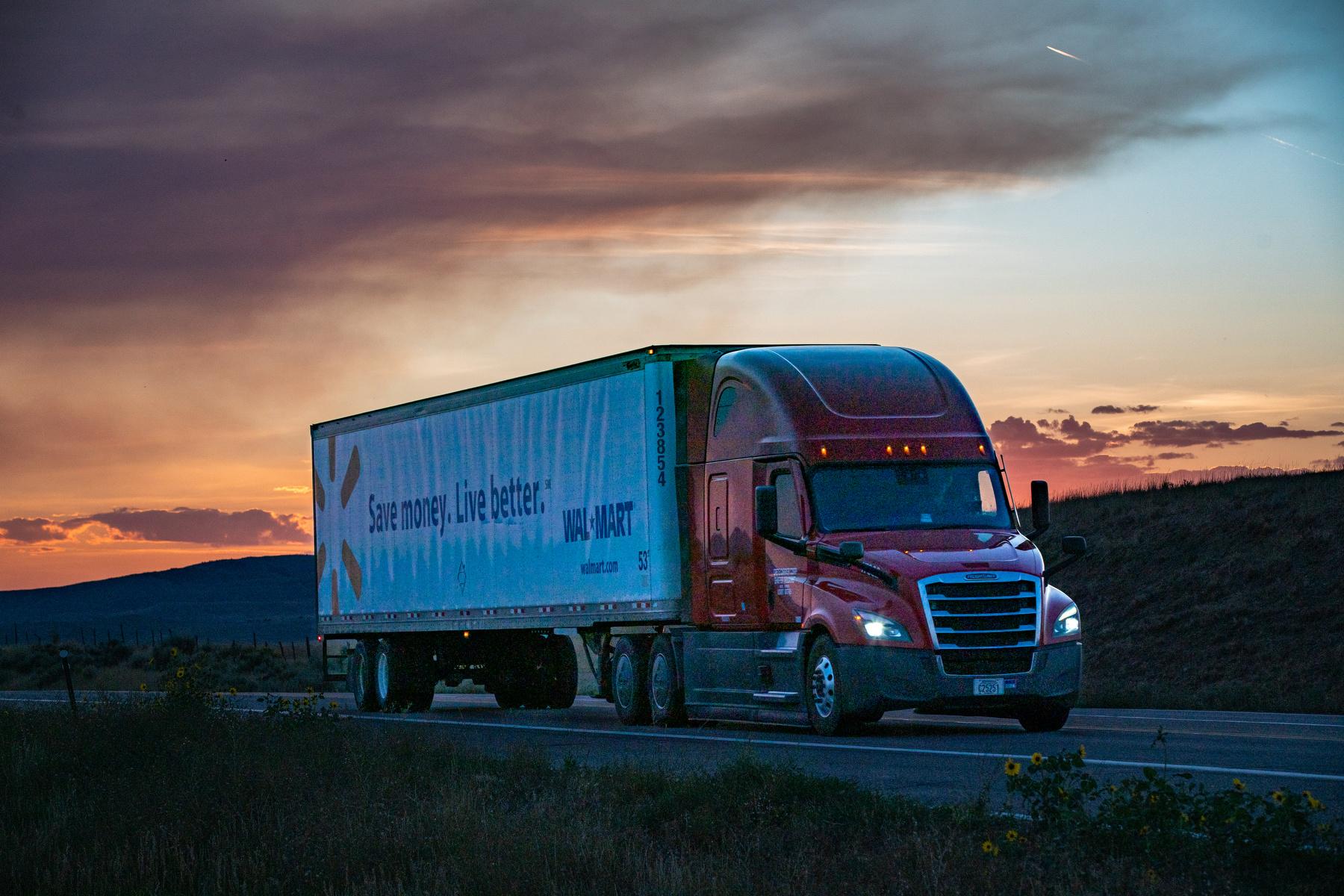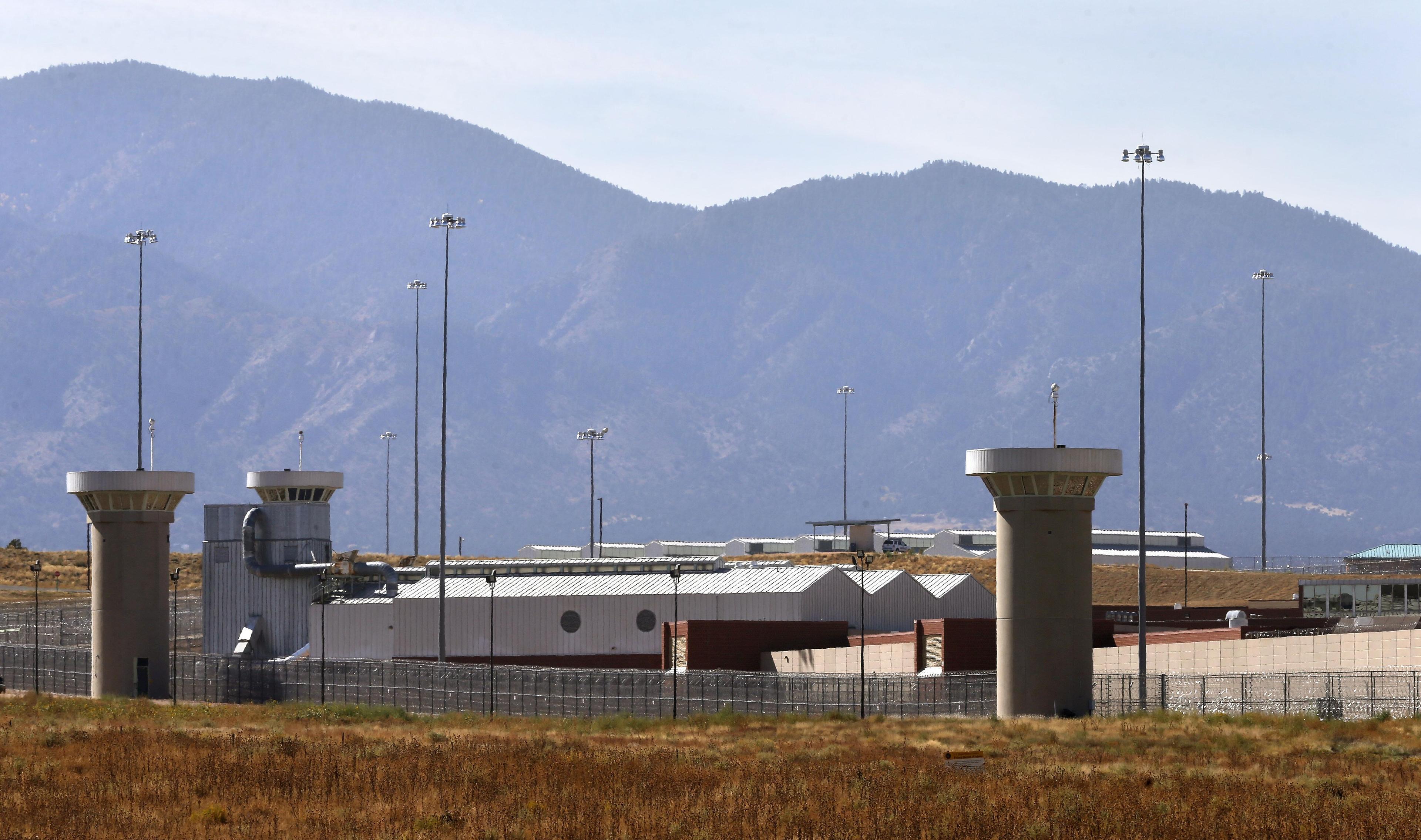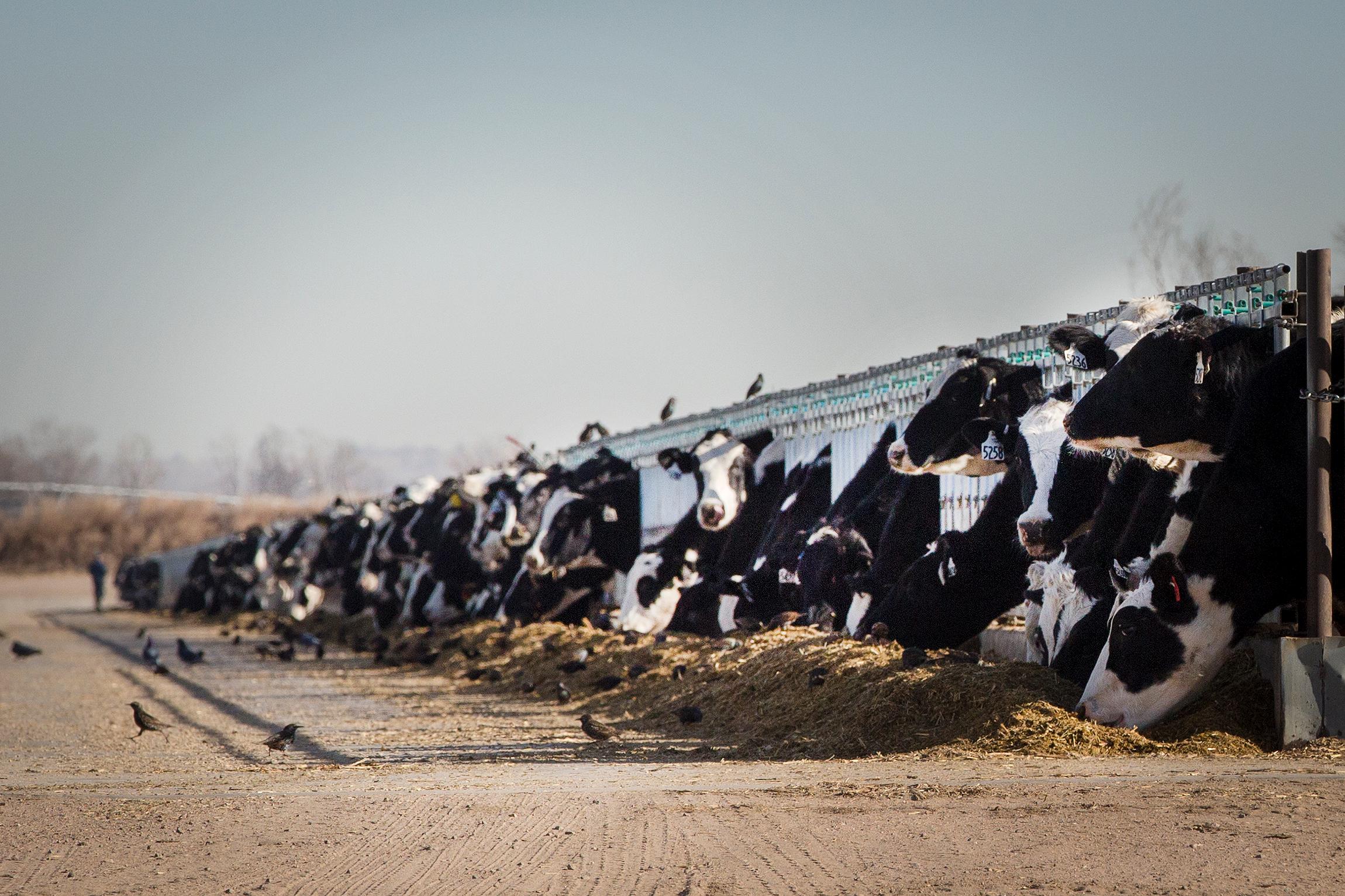
It’s a winter truism that you’re likely to hear from the mouth of any Denverite. Longtime local meteorologist Mike Nelson knows it well.
“The old adage is, if it smells like Greeley it’s gonna snow.”
Just call it our own middle-of-the-Front Range version of the Farmer’s Almanac. Sure, it’s accepted wisdom, but the question Alex Toombs asked Colorado Wonders is why? Why does this happen? There’s some science there, which is why we turned to one of Denver’s most recognizable TV weathermen.
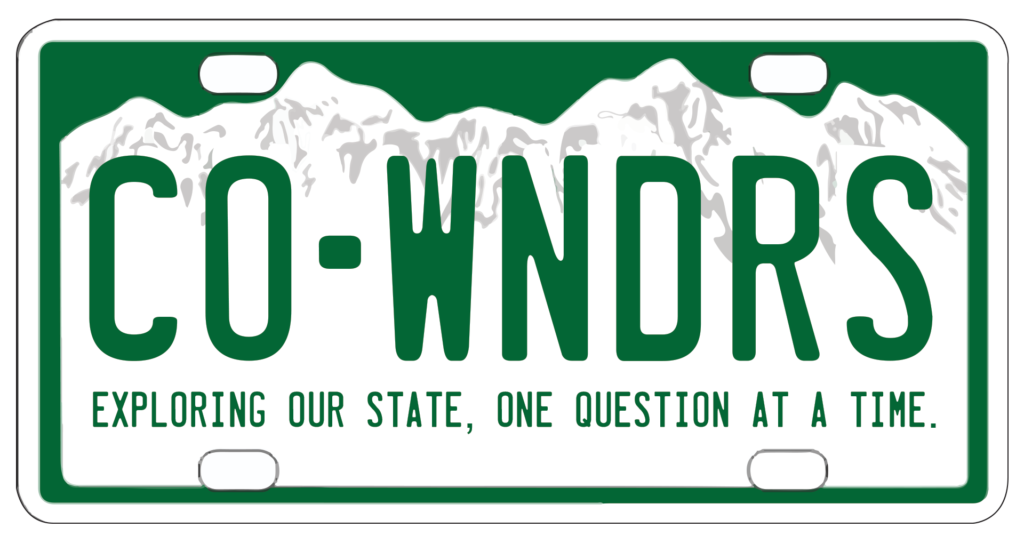
The answer starts with the “upslope” effect when winds whips toward the Mile High City out of the northeast.
“It pushes up against the mountains to the west and the Palmer Divide to the south, Denver’s kind of in a bowl, and that air’s forced to rise which condenses out the moisture and you get rain or snow,” Nelson explained. The smelly part of the equation comes from “what’s up in Weld County — a lot of feedlots and so, that aroma is cast upon us by those northeasterly winds.”
There you have it, the explanation behind a legendary forecast technique you’ll hear uttered by most Coloradans from Longmont, to Boulder and across Denver.
The one place you won’t hear it is in Greeley. Oh, they hate to hear it there.
“Greeleyites are proud of their heritage but they also know that’s inaccurate,” said Brad Mueller, the city director of development. “So, you just get an old stereotype that lingers on.”
That heritage is deeply rooted in agriculture. Greeley is the seat of one of the biggest ag counties in the country. Weld is the size of Delaware and produces more than $1 billion of ag products annually.

Livestock is the biggest chunk of that. Feedlots used to be found inside city limits, but the last feedlot was bought out by city hall more than two decades ago. Greeley diligently continues to police odors with a hotline and two state-certified odor inspectors.
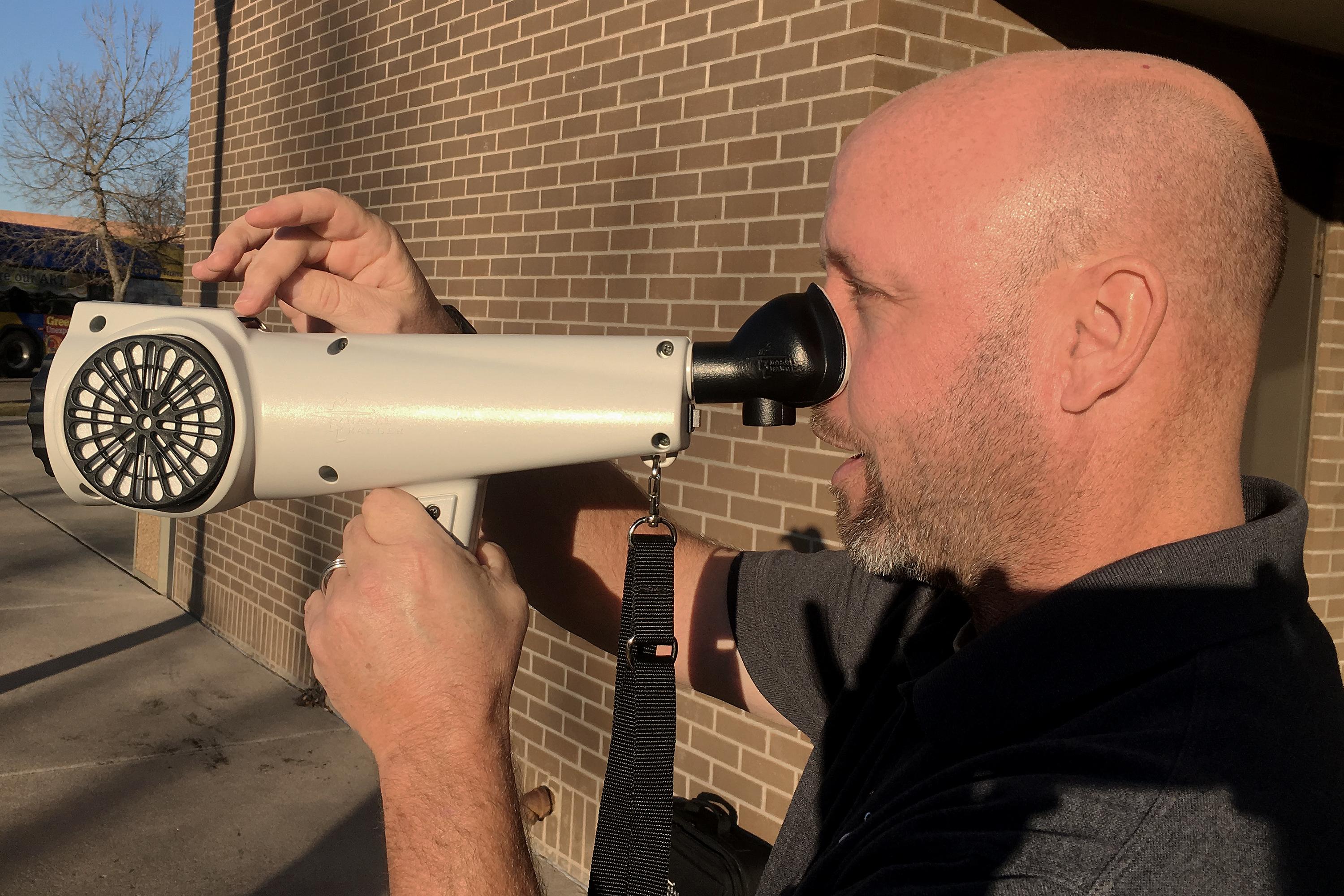
Armed with a “nasal ranger” device and his own well-tested sense of smell, Joe Collins is one of those enforcers when a complaint comes in. Things are now so much better in Greeley that he issues very few violations these days.
Frequently the source of an odor complaint is brought in on the breeze that blows over feedlots outside the city’s borders. When that’s the case, Collins has to then tell complainers, “we really have no authority to enforce on those odors.”
Agriculture is so important in Weld County it has a “right to farm” policy that warns residents and newcomers alike that they will have to put up with things like the smell of livestock. In fact, the state exempts most ag operations from odor violations, it’s just considered the cost of doing business. And cows do a lot of business on feedlots.
Mike Nelson pointed out that “ranchers and farmers say it’s the smell of money.”
As for humble Greeley’s sole ownership of a smelly reputation? The city’s Greeley Unexpected campaign touts the non-agricultural aspects of the city. You might not have known that the Greeley Symphony is the oldest professional philharmonic west of the Mississippi. The town is also home to the largest model train museum in the country and extensive arts programming.
While the town is shrugging off the rep, the usefulness of the snow smell forecast won’t diminish. The cows aren’t going away. The mountains and the Palmer Divide and the bowl that Denver sits in aren’t going away. Which means the early warning system isn’t going away either. It’s something of a point of pride: Mike Nelson said that Denver’s the only city in the country that can claim this unique distinction.
Are you curious about something in the Centennial State? Ask us a question via Colorado Wonders and we’ll investigate the answer.

